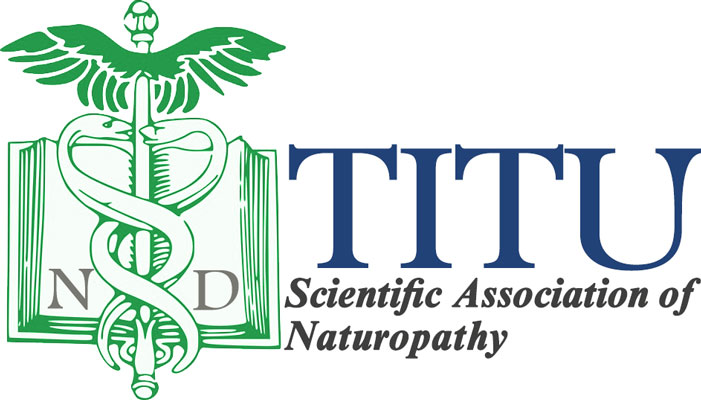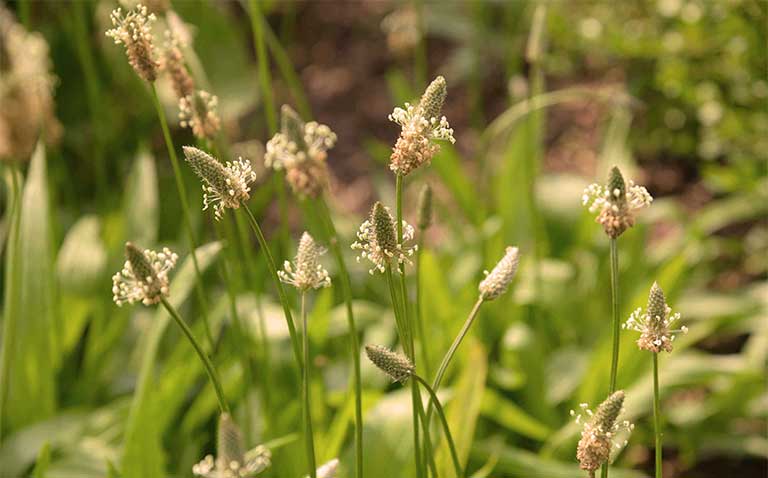Plantago ovata, commonly known as psyllium, is an annual herbaceous plant native to arid and semi-arid regions of southern Europe and southwestern Asia. It features long, linear leaves and small, colorless flowers that appear as cylindrical spikes. Psyllium seeds are yellowish-brown and have applications in traditional medicine and various industries.
Historical Background:
Psyllium has long been utilized in traditional Iranian medicine and other cultures as a laxative and treatment for gastrointestinal disorders. Over time, it was introduced to Europe, North America, and New Zealand, gaining popularity due to its medicinal properties. In the United States, psyllium is a key ingredient in laxative medications such as Metamucil.
Mechanism of Action:
Psyllium husk acts as a bulk-forming laxative, making it highly effective in managing constipation.
Upon absorbing water in the intestinal lumen, psyllium increases fecal bulk and softens the stool, thereby stimulating peristalsis in the colon.
Scientific studies, including randomized controlled trials (RCTs), have demonstrated that psyllium can effectively prevent constipation in patients with acute myocardial infarction (AMI) or other conditions associated with decreased bowel motility.
Warnings:
Inadequate water intake during psyllium consumption may lead to intestinal obstruction.
Caution is advised for individuals with dysphagia or a history of bowel obstruction.
Clinical Applications:
Treatment of functional constipation.
Prevention of drug-induced constipation, particularly opioid-induced constipation.
Management of conditions related to irritable bowel syndrome (IBS) and hemorrhoids.
Medicinal Uses:
Laxative and Constipation Treatment: Psyllium seed husks contain mucilage that forms a gel when dissolved in water, increasing stool bulk and facilitating defecation.
Reduction of Cholesterol and Blood Sugar Levels: Regular psyllium intake has been shown to help lower cholesterol and blood glucose levels.
Diarrhea Management: Psyllium aids in controlling and reducing diarrhea by absorbing excess water in the intestines.
Applications in Natural Medicine:
Relief of Sore Throat and Cough: Psyllium mucilage can reduce inflammation and soothe sore throat and cough.
Treatment of Oral Ulcers: Holding psyllium mucilage in the mouth aids in the healing of oral ulcers and thrush.
Fever and Thirst Reduction: Psyllium-based beverages may help lower fever and alleviate thirst.
Industrial Applications in the Food, Cosmetic, and Health Sectors:
Food Industry: Psyllium is used as an additive in breakfast cereals, baked goods, and as a bulking agent in cakes and bread.
Cosmetic and Health Industry: Psyllium mucilage serves as an emulsifier and anti-inflammatory agent in the production of creams and lotions.


